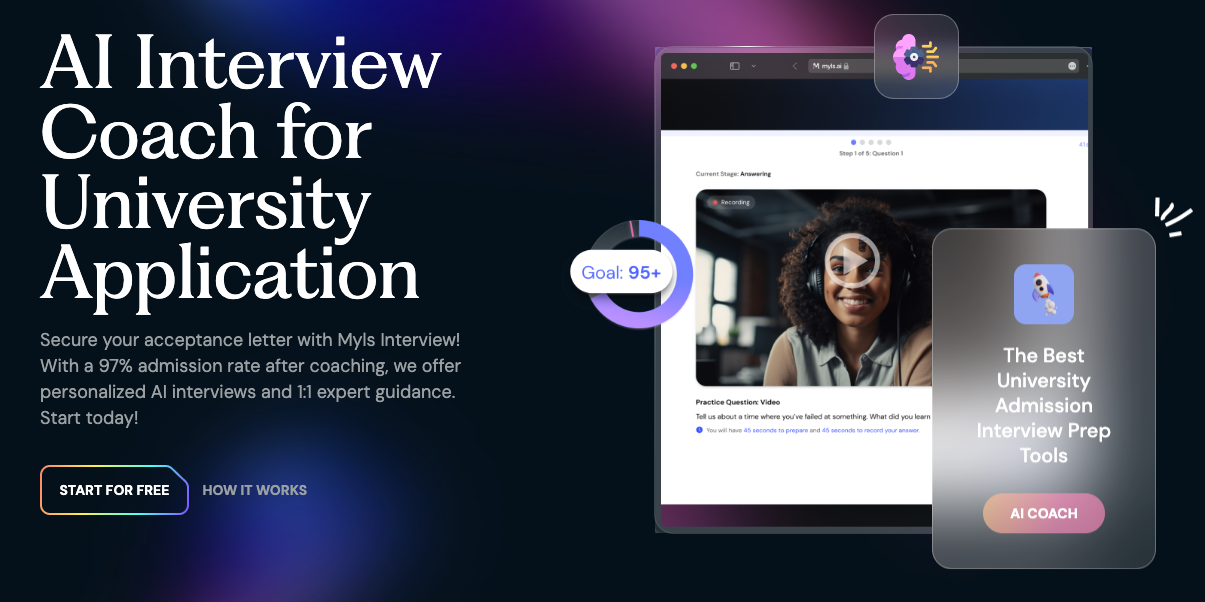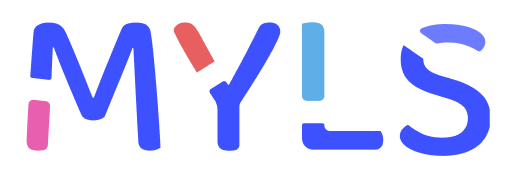How to Prepare a Strong Application for Engineering Programs in Canada
Engineering programs in Canada are highly competitive and require more than top marks. This guide shows how to build a strong STEM profile, write standout applications, and get expert support from Myls Interview mentors to boost your confidence and your chances.

Engineering is one of the most sought-after fields in Canada — and for good reason. It opens doors to high-impact careers in innovation, sustainability, software, infrastructure, AI, aerospace, and more. But with high demand comes high competition. Getting into programs like U of T Engineering, Waterloo Engineering, McGill, or UBC is no small feat.
Many students believe that engineering admissions are all about marks and math. And while academic strength is essential, it’s not the only thing that matters. Engineering faculties today are looking for more: creativity, initiative, resilience, and strong communication. The university application process is no longer just about getting the grades — it’s about showing who you are and what you can bring to the field.
This blog walks you through what top engineering schools look for, how to prepare academically and personally, and how Myls Interview mentors can guide you every step of the way.
What Engineering Programs Are Really Looking For
Engineering schools in Canada don’t just want students who are good at math and science. They want future engineers— people who can solve problems, lead teams, communicate ideas, and persevere through challenges.
That’s why many top programs require supplementary applications. Whether it’s Waterloo’s Admission Information Form (AIF), U of T’s Engineering Applicant Portal, or video interviews at McMaster or Queen’s, these components help programs evaluate your fit beyond your transcript.
They’re looking for students who can:
- Think critically and creatively
- Work well in diverse, team-based environments
- Communicate clearly under pressure
- Show real interest in innovation and engineering fields
- Manage a demanding academic load with confidence
The better you can show these traits in your application, the stronger your chances will be — even in a highly competitive pool.
Academic Planning for Engineering Applicants
Let’s be clear: strong academics are still essential. Most engineering applicants to top schools have high 80s or 90+ averages, particularly in key STEM subjects.
To prepare academically:
- Take all necessary prerequisites: Advanced Functions, Calculus & Vectors, Chemistry, and Physics
- Begin preparing for these in Grade 10 by choosing Academic Science and enriched math if available
- Maintain consistent grades from Grade 11 onward — Waterloo, for instance, weights Grade 12 midterms and uses Grade 11 as a fallback if data is incomplete
- Consider AP, IB, or enrichment programs to demonstrate academic initiative
- Build strong math problem-solving skills — contests like Euclid or Fermat can add strength to your application
It’s also important to avoid overloading just for the sake of it. Engineering is already intense. University Admissions teams value students who can plan wisely, balance their schedules, and sustain high performance.
Building a Technical and Leadership Profile
Beyond the classroom, your activities should reflect both technical curiosity and character development.
Top applicants often show:
- Involvement in STEM clubs (robotics, coding, engineering design)
- Personal projects like building apps, designing prototypes, or participating in hackathons
- Leadership in team-based environments — whether through student council, Model UN, or coaching
- Volunteering or mentorship, especially if it connects to STEM education or outreach
- Summer programs like SHAD, U of T DEEP, or STEM fellowship initiatives
Depth matters more than quantity. University admissions reviewers are trained to spot “list fillers.” What they’re really looking for is purpose — evidence that you’ve grown through your experiences and thought about how they connect to your future in engineering.
Engineering Supplementary Applications Video Interviews and Essays
Many students struggle not because they lack experience — but because they don’t know how to communicate it effectively. That’s where the supplementary application becomes critical.
You may be asked to:
- Reflect on a challenge you overcame
- Describe a meaningful project or leadership experience
- Explain why you're interested in engineering and that specific program
- Respond to video-recorded or timed writing prompts
What matters here is clarity, authenticity, and structure. Avoid clichés like “I’ve always loved building things.” Instead, focus on real moments — a robotics competition where you failed and learned, a personal initiative to build a website or device, or how you collaborated to solve a problem in a group project.
University Admissions officers want to hear your voice. That means writing with confidence, not arrogance. It also means editing multiple drafts, practicing aloud, and getting feedback from mentors who understand what these schools are looking for.
Why Mentorship Gives You a Competitive Edge
The truth is, most students don’t know what a competitive engineering application really looks like — until it’s too late. They wait until deadlines are close, rush through their supplementary materials, or write answers that sound generic or impersonal.
A mentor helps you avoid those traps — and gain a real advantage.
With the right mentor, you can:
- Identify your most compelling stories and experiences
- Match your academic profile to realistic and reach programs
- Strengthen your communication in both writing and interviews
- Build a focused, consistent narrative that aligns with your goals
- Practice interviews and video recordings with targeted feedback
- Avoid common mistakes and clichés in your responses
Mentorship also keeps you accountable and calm — especially when deadlines pile up and the process feels overwhelming. With someone guiding your progress, you make smarter decisions and perform at your best.
How Myls Interview Supports Future Engineering Students

At Myls Interview, we guide students applying to Canada’s most competitive engineering programs—including U of T Rotman Commerce, Waterloo Engineering, McMaster Health Science, Queen’s Nursing, UBC, and McGill. These programs don’t just look at grades—they want to see clarity of direction, strong communication, and demonstrated problem-solving. That’s where our mock interview platform and mentorship come in.
We help engineering-bound students do more than just meet requirements—we help them plan intentionally, communicate effectively, and apply with purpose.
With Myls Interview, you can:
Plan Your Courses and Activities Strategically
Get personalized advice on high school course planning to meet engineering prerequisites and build a balanced schedule. We also help you identify and pursue extracurriculars, competitions, and STEM initiatives that strengthen your engineering profile.
Build a Strong Application Narrative
Use our AI-driven mock interview tools and instant feedback to shape compelling responses for AIFs, supplementary application essays, and video interviews prompts. We guide you on how to connect your interests, projects, and goals to what engineering schools value most—like curiosity, innovation, and collaboration.
Practice Video Interviews and Timed Assessments
Our AI-powered mock interview platform lets you rehearse video-recorded interview questions, simulate timed writing responses, and receive feedback on your structure, clarity, and delivery. You’ll be ready for platforms like Kira Talent or Waterloo Engineering’s AIF interview with confidence.
Receive Program-Specific Feedback from Mentors
Myls mentors include former applicants and advisors who know what makes top engineering programs tick. Whether you’re targeting software, mechatronics, or biomedical, we help you refine your story to align with the values of your chosen schools.
Integrate Resume and Interview Preparation
Your engineering resume is more than a list—it’s a launchpad for confident interviews. We help you build supplementary application materials that translate directly into strong, structured interview responses.
At Myls Interview, we don’t just help you submit a strong application—we help you grow into the kind of candidate engineering schools are looking for: thoughtful, driven, and ready to take initiative.
Final Thoughts: Build with Purpose. Apply with Confidence.
Engineering is all about design, precision, and systems thinking—and the same applies to the application process. It’s not just about piling on achievements. It’s about showing direction, intention, and the ability to communicate your “why.”
The most successful applicants aren’t always those with the most awards. They’re the ones who show focus, motivation, and fit.
With Myls Interview, you’ll get the mock interview tools, personalized feedback, and mentorship to get there. Whether you're just starting your plan or polishing your final university application, we’ll help you go from uncertain to prepared—and from potential to accepted.
Start your engineering application journey with Myls Interview—build your future with clarity and confidence.




